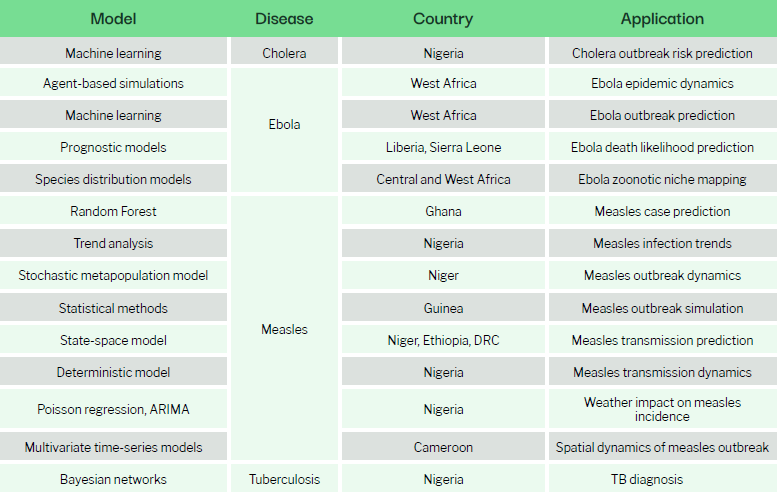The Power of Digital Innovation in Labs
The digital revolution is transforming laboratory diagnostics into West Africa. Automation of specimen management, real-time monitoring of instrument functionality, plus advanced laboratory information systems revolutionise test reporting and diagnostics across laboratory networks.
US and West African scientists are collaborating to build a public health network for rapid detection of viral threats. The Sentinel research programme, active in Nigeria along with Sierra Leone, focuses on pathogen surveillance and supports a new genome center at Redeemer’s University. This centre, staffed by Nigerian scientists, studies pathogens like Lassa and Ebola with biosafety level 3 facilities.
Digital Innovations and Emerging Technologies
AI is driving progress in healthcare through precise as well as rapid disease diagnosis. In Nigeria, the Federal Medical Centre in Makurdi has established a molecular PCR lab for HIV testing and other diagnostic assays.
At the University of Ghana Medical Centre, Datamaker’s AI-powered tool enhances polyp diagnosis during colonoscopy. Similarly, MAI Lab is advancing breast cancer care in Nigeria using AI. MinoHealth AI Labs supports doctors in Ghana with quicker diagnoses, alleviating healthcare demand. These innovations highlight the transformative potential of digital tools in healthcare across the region.

The impact of Laboratory Automation
The rapid advancement of technology is driving digital transformation in laboratories. This shift optimises workflows, enhances accuracy, and boosts efficiency, which enables labs to handle larger data volumes while meeting stricter compliance standards. MMALABS, a Ghanaian diagnostic chain, has launched advanced imaging services in Kumasi, improving patient care.
Dr. Stephen John’s use of AI-powered ultraportable x-ray machines for TB screening in Nigeria is another example of how technology is enhancing diagnostic capabilities in remote areas.
Digital transformation in clinical laboratories is enhancing data integrity and accuracy through AI-driven analytics and cloud-based solutions. This accelerates sample processing and analysis, reducing human error and improving reproducibility. Real-time updates, task coordination, and issue resolution improve communication and reduce downtime. Digital tools streamline resource management, align team efforts, and drive faster decision-making. Laboratory automation also improves operational efficiency by enabling data-driven decision-making and predictive analytics for supply management, eliminating operational silos and creating smoother workflow transitions.
Medical laboratories are essential to personalised medicine, which utilises genetic and molecular profiles to tailor treatments. The pandemic has underscored the importance of rapid diagnostic tests, with laboratories playing a central role in managing outbreaks.
Government Regulatory Frameworks and Policies
AI is gaining momentum across Africa, yet policies along with regulatory frameworks remain in early stages. To integrate AI effectively, African nations require strong, forward-thinking policies aligned with ethical values.
Ghana launched its National Artificial Intelligence Strategy 2023-2033 in October 2022, promoting responsible AI adoption for sustainable growth.
Nigeria unveiled its draft National Artificial Intelligence Strategy (NAIS) in August 2024, guiding AI towards national goals such as job creation, social inclusion, and sustainable development.






